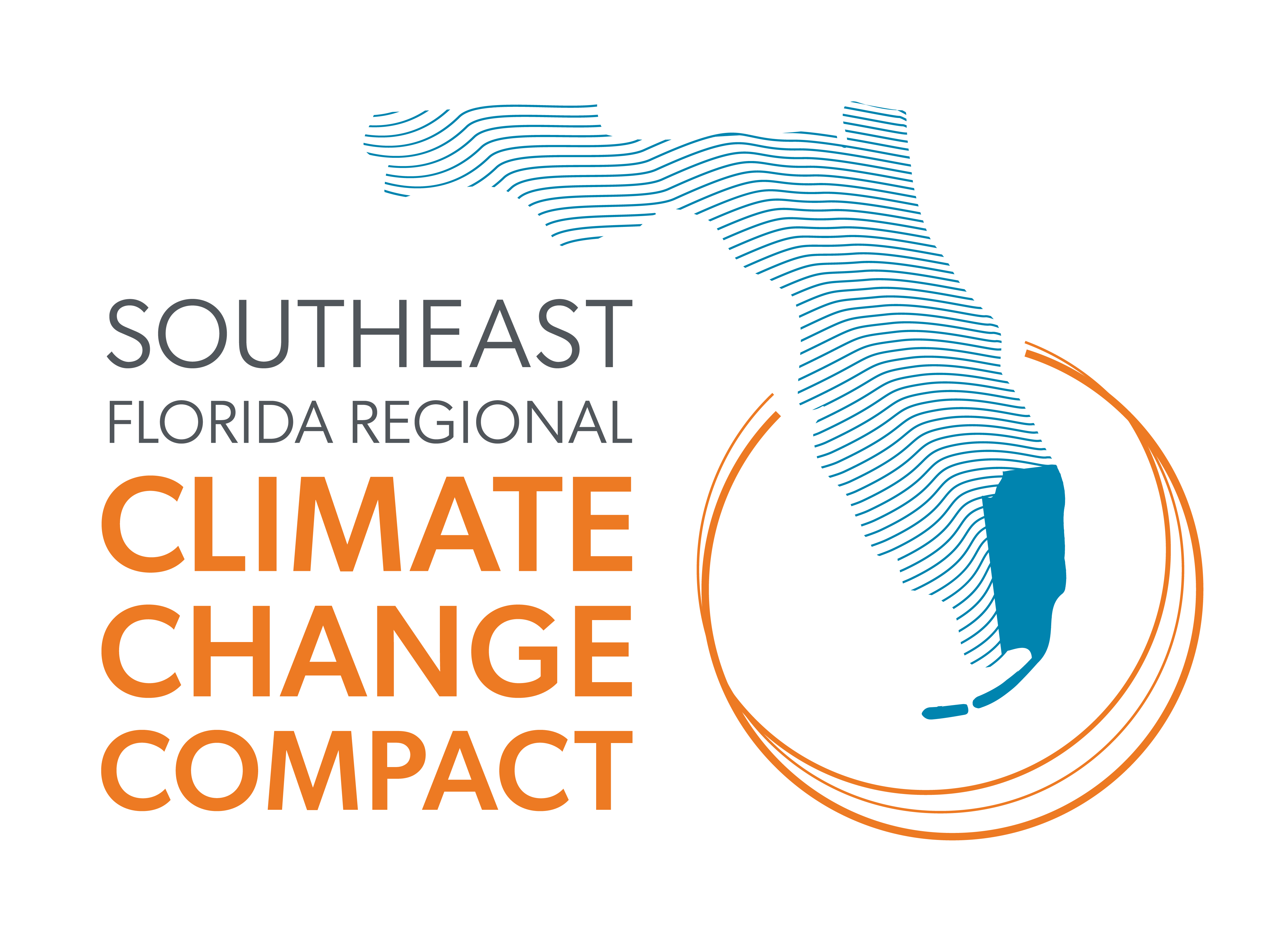

Events
Compact Events
RCAP Implementation Workshop – The Invisible Threat: Understanding, Managing, and Reducing the Impacts of Increasing Heat
November 8, 2021 @ 9:00 am - 1:00 pm
While rising seas and intensifying hurricane events are typically the climate change impacts most frequently considered in the context of Southeast Florida, extreme heat is increasingly recognized as one of the most serious consequences to our communities. Known as the invisible killer, heat is the deadliest of all climate-induced stressors. A 2020 study found that between 2010-2020, there have been approximately 12,000 heat-related premature deaths annually in the U.S., and that number is expected to climb by 97,000 in a scenario where dramatic cuts in emissions are not achieved.
We also know that heat does not impact all populations and communities equally. Low-income individuals, people of color, older adults, children, pregnant women, people with certain preexisting health conditions, and those laboring outdoors are among the groups most at risk. In fact, the average person of color lives in a census tract with higher urban heat island intensity than non-Hispanic whites in all but 6 of the 175 largest urbanized areas in the continental United States. Heat stress has serious and significant public health consequences and costs. Additionally, a recent study has shown that Florida outdoor workers could lose up to $8.4 billion of those earnings by mid-century if no action is done to slow climate change.
The Compact counties historically have experienced between four and 12 days a year with a heat index (the temperature and humidity combined) over 105°F. As early as 2036, without climate action, our region will be looking at 72 to 104 days a year with a heat index of 105°F, which is considered dangerous for human health with prolonged heat exposure. Given these risks, communities in Southeast Florida must act immediately to understand risks to various populations, advance strategies to both reduce urban heat island and heat exposure, and manage risks to our communities resulting from the inevitable rise in temperatures we will experience.
Objectives for this workshop include understanding of:
- Trends in extreme heat in the Southeast Florida region and thresholds for what is considered dangerous
- The impacts of extreme heat and populations at risk
- Data, tools, and resources for monitoring, mapping, and integrating heat in vulnerability assessments
- Opportunities to build the capacity to respond via increased coordination and partnerships, citizen science, and warning systems
- Urban cooling strategies
- Approaches for adapting and managing heat risk for communities
- Best practices for cross-governmental and interdisciplinary collaboration to advance heat governance
This workshop will advance the following recommendations of the Southeast Florida Regional Climate Compact Regional Climate Action Plan’s (RCAP 2.0):
- AG-11 Assess and address public health risks of more frequent and intense high-heat days to agriculture and farmworkers.
- PH-1 Understand and communicate public health risks associated with climate change.
- PH-2 Adopt and update all Florida Department of Health plans to reflect climate and sea level rise impacts on public health.
- PH-4 Reduce extreme heat exposure to promote public health.
- EQ-3 Support public infrastructure that enables economic mobility, health, and safety for all community members.
- ST-12 Develop and implement policies and design standards that recognize the transportation system’s most vulnerable users and incorporate sustainable elements.
- ST-15 Develop policies to enhance the urban tree canopy to protect pedestrians and bicyclists from heat and pollution exposure.
Audience/Participant targets:
- Resilience and sustainability practitioners
- Housing and building departments
- Planning and zoning professionals
- Public health agencies
- Parks departments
- Office of emergency management
- Risk management and occupational health professionals
- Academic community
- Community-based organizations
- Healthcare institutions
- Human and family services

Details
Please register for this event by clicking the link above. Then add to your calendar below.
